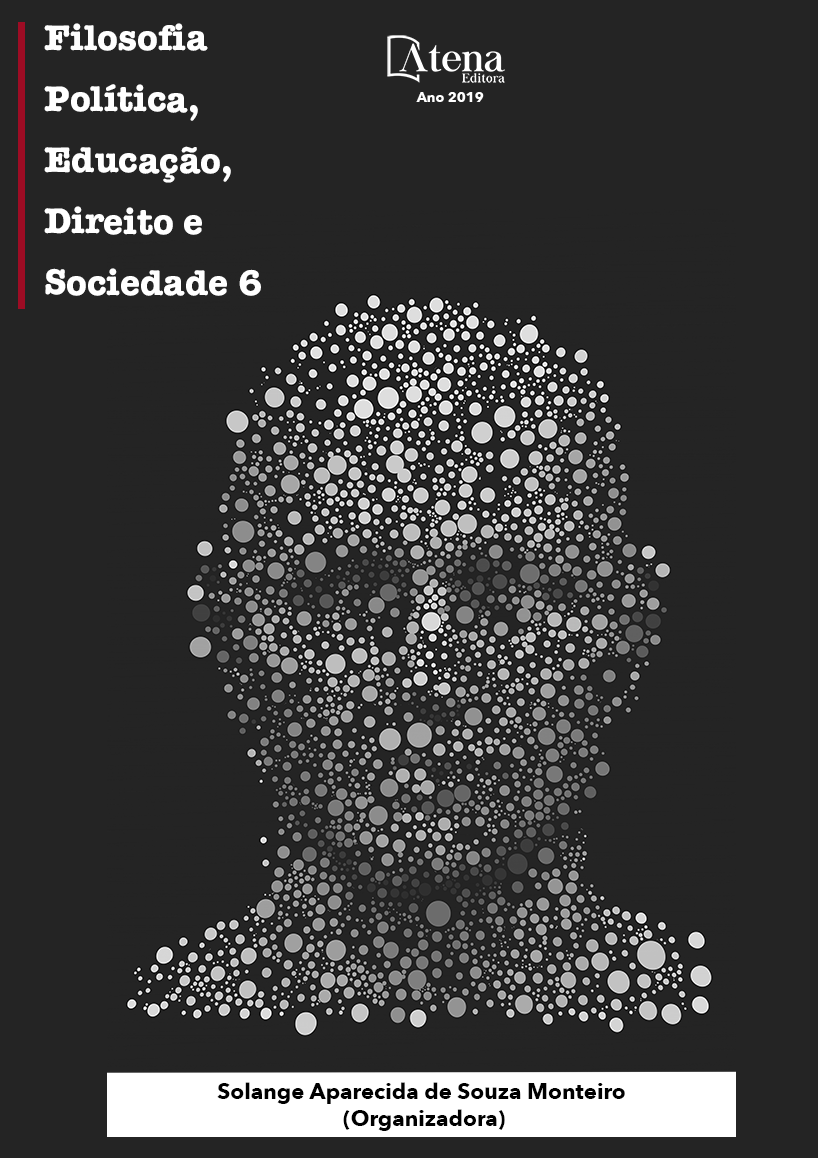
A PRÁTICA DIDÁTICA E PEDAGÓGICA DIANTE DAS POLÍTICAS PÚBLICAS DE EDUCAÇÃO EM TEMPO INTEGRAL
Para compreender a Educação em
Tempo Integral vinculada a uma prática didática
e pedagógica que vise à formação do ser
humano em todos os seus aspectos (físicos,
éticos, intelectuais e afetivos), é preciso
entender as concepções educacionais no seu
campo epistemológico, histórico e cultural e a
efetivação das políticas públicas. Diante dessa
afirmação, destacamos o seguinte problema
de pesquisa: como são tecidas as práticas
didática, pedagógica e as políticas públicas
em uma perspectiva de Educação em Tempo
Integral no contexto educativo de Caxias-
MA?. Especificamos como objetivo: analisar as
implicações das práticas didática e pedagógica
a partir das políticas públicas de Educação
em Tempo Integral na educação infantil e no
ensino fundamental. No percurso metodológico
desta pesquisa de caráter qualitativo, primamos
como instrumento entrevistas narrativas e
observações com três sujeitos que fazem parte
de uma escola municipal de Educação infantil
e uma de ensino fundamental nos anos iniciais
e uma coordenadora pedagógica em Caxias-
MA. Para a discussão teórica, fundamentamonos
em autores como: Kramer (1982), Machado
(2005) entre outros. De acordo com os resultados
desta pesquisa, as diretrizes curriculares
da Educação em Tempo Integral não estão
consolidadas, bem como não são pautadas
em uma ementa pré-estabelecida entre os
professores e monitores deste programa. Logo,
sugerimos que sejam superados os desafios
da falta de implementação de políticas públicas
mais efetivas voltadas para a Educação em
Tempo Integral para consolidar as práticas
de formação e as concepções de professores
e suas implicações no processo de ensinar e
aprender docente.
A PRÁTICA DIDÁTICA E PEDAGÓGICA DIANTE DAS POLÍTICAS PÚBLICAS DE EDUCAÇÃO EM TEMPO INTEGRAL
-
DOI: 10.22533/at.ed.9951904027
-
Palavras-chave: Educação em Tempo Integral. Políticas Públicas. Práticas.
-
Keywords: Integral Education. Public policy. Practices.
-
Abstract:
In order to understand Integral
Education linked to a didactic and pedagogical
practice that aims at the formation of the
human being in all its aspects (physical, ethical,
intellectual and affective), it is necessary to
understand the educational conceptions in its
epistemological, historical and cultural field
and the implementation of public policies.
In view of this statement, we highlight the
following research problem: how are didactic,
pedagogical and public policies implemented
in a perspective of Integral Education in the
educational context of Caxias-MA?. We aim
to analyze the implications of didactic and pedagogical practices based on Public
Policies of Integral Education in early childhood education and elementary education.
In the methodological course of this research of qualitative character, we used as an
instrument interviews and observations with three subjects that are part of a municipal
school of Early Childhood Education and a primary school in the initial years and a
pedagogical coordinator in Caxias-MA. For the theoretical discussion, we are based on
authors such as Kramer (1982), Machado (2005) and others. According to the results
of this research, the curricular guidelines of Integral Education are not consolidated,
nor are they based on a pre-established syllabus between the teachers and monitors of
this program. Therefore, we suggest that the challenges of the lack of implementation
of more effective public policies for Integral Education in order to consolidate the
training practices and the conceptions of teachers and their implications in the process
of teaching and learning the teacher be overcome.
-
Número de páginas: 15
- Nadja Regina Sousa Magalhães
- Nadja Regina Sousa Magalhães


